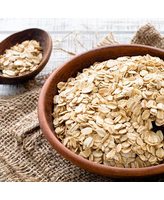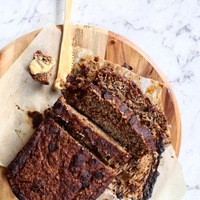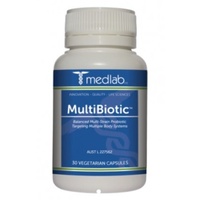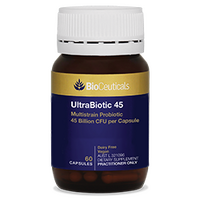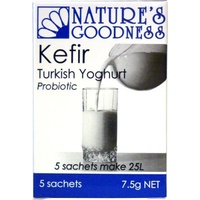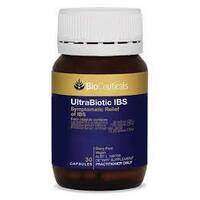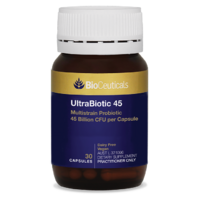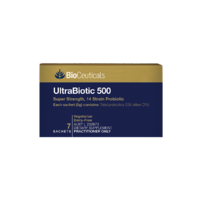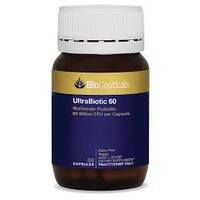The Health Benefits of Probiotics
Author: Naturopath Date Posted:23 April 2018
The field of Probiotics is vast and ever-evolving, as more research and understanding of the complex world of the human microbiome becomes apparent. This understanding has helped us to make clearer connections between gut health, immunity, mental health, autism and even obesity. A broad spectrum probiotic can help to promote overall gut health, however specific strains are known to be beneficial in the treatment of certain conditions.
Gut Flora
The foundational probiotics in the gut are the Lactobaccilus and Bifidobacterium strains, particularly Lactobacillus acidophilus and Bifidobacterium lactis. There is evidence to show that different Bifidobacterium strains can reduce antibiotic-associated diarrhoea in infants, as well as reduce the severity of ulcerative colitis and reduce constipation symptoms.
Irritable Bowel Syndrome
Irritable Bowel Syndrome (IBS) is a common complaint that can be attributed to food intolerances, stress and an imbalance of gut flora, amongst other causes. Lactobaccilus plantarum is supported by research in its ability to reduce bloating, abdominal pain and the severity of altered bowel habits that are typical in IBS. Ethical Nutrients IBS Support provides this strain of probiotic exclusively and can help to prove relief of symptoms, in conjunction with a holistic approach to managing diet and lifestyle. You can purchase this product in-store at Sunnybrook.
Antibiotics
Antibiotics were considered life-saving medicine when they were first introduced. They still are highly effective at eliminating bacterial infection, however in overuse lies the risk of gut flora imbalance and a compromised immune system. Diarrhoea associated with probiotics can also be problematic, but can be managed with products containing Saccharomyces boulardii (SB) and Lactobacillus rhamnosus. Every traveller should pack SB in the event of contracting the dreaded traveller’s diarrhoea, while the latter can also reduce the incidence of food allergies and eczema in children. We stock some really great product with both these strains in-store.
Probiotics can be taken concurrently with antibiotics to help support gut flora that can be affected by antibiotic use, however they should be separated by at least four hours to avoid cancelling each other out. Probiotics are typically not acid resistant, therefore they are best taken with food to provide a barrier against powerful digestive juices, to ensure they reach the intestines and proliferate.
Diet
Food is a great source of probiotics to maintain gut health. Plain, unsweetened yoghurt, such as Meredith Dairy and Marook Farm are great options. The fermentation seen in Sauerkraut promotes Lactobacillus bacteria, much akin to tempeh, which is a fermented soybean product that contains Bifidobacterium strains. Kefir yoghurt, which can be made from Starter grains, also contains Lactobacillus species; Nature’s Goodness Kefir is one such starter kit. You can ask our friendly staff about these products in-store.
This summary is just the tip of the iceberg regarding probiotics and how they work. While the evidence behind how probiotics function continues to expand, the best approach is to discuss the needs of you and your family with one of our knowledgeable practitioners.









